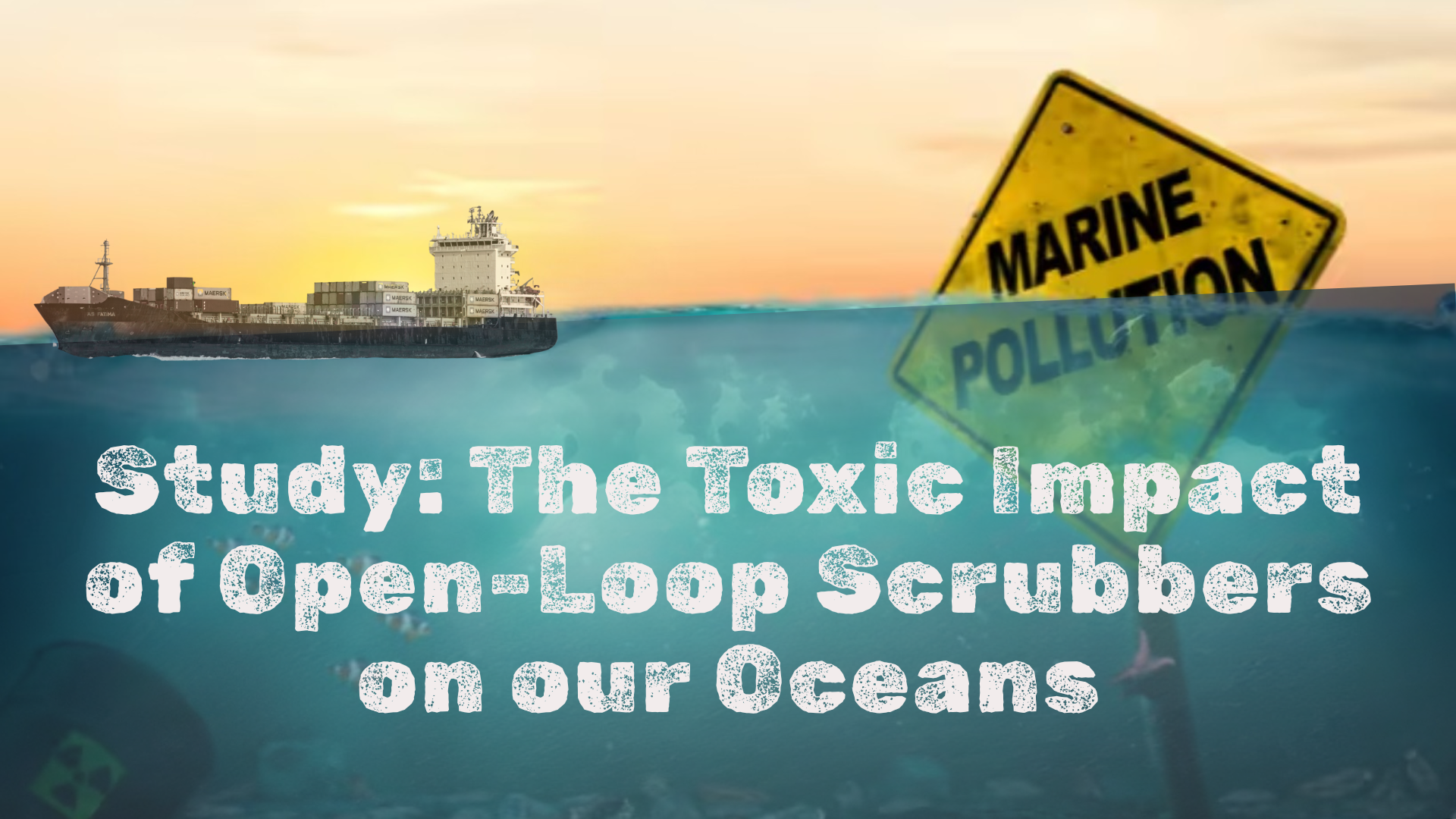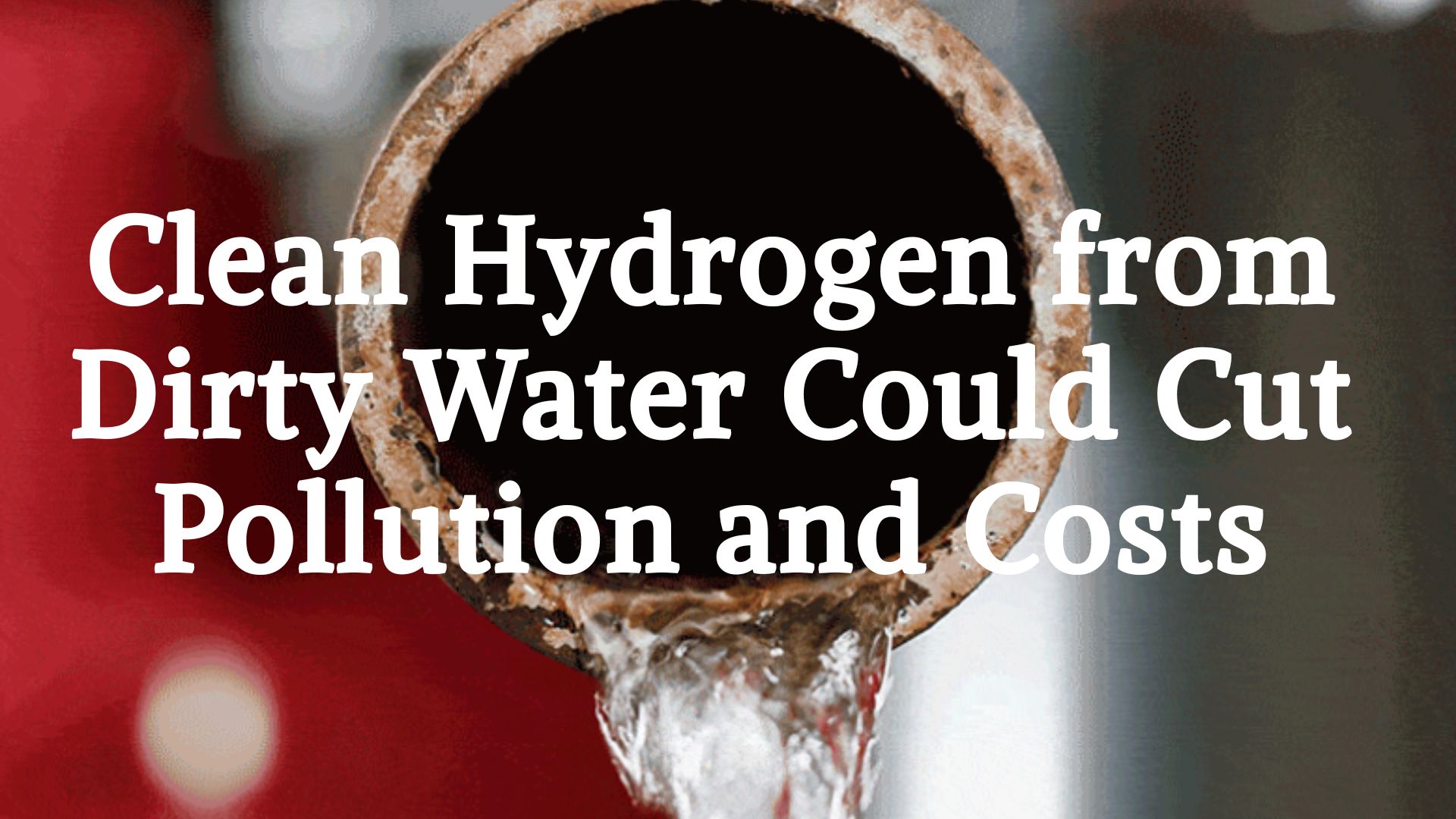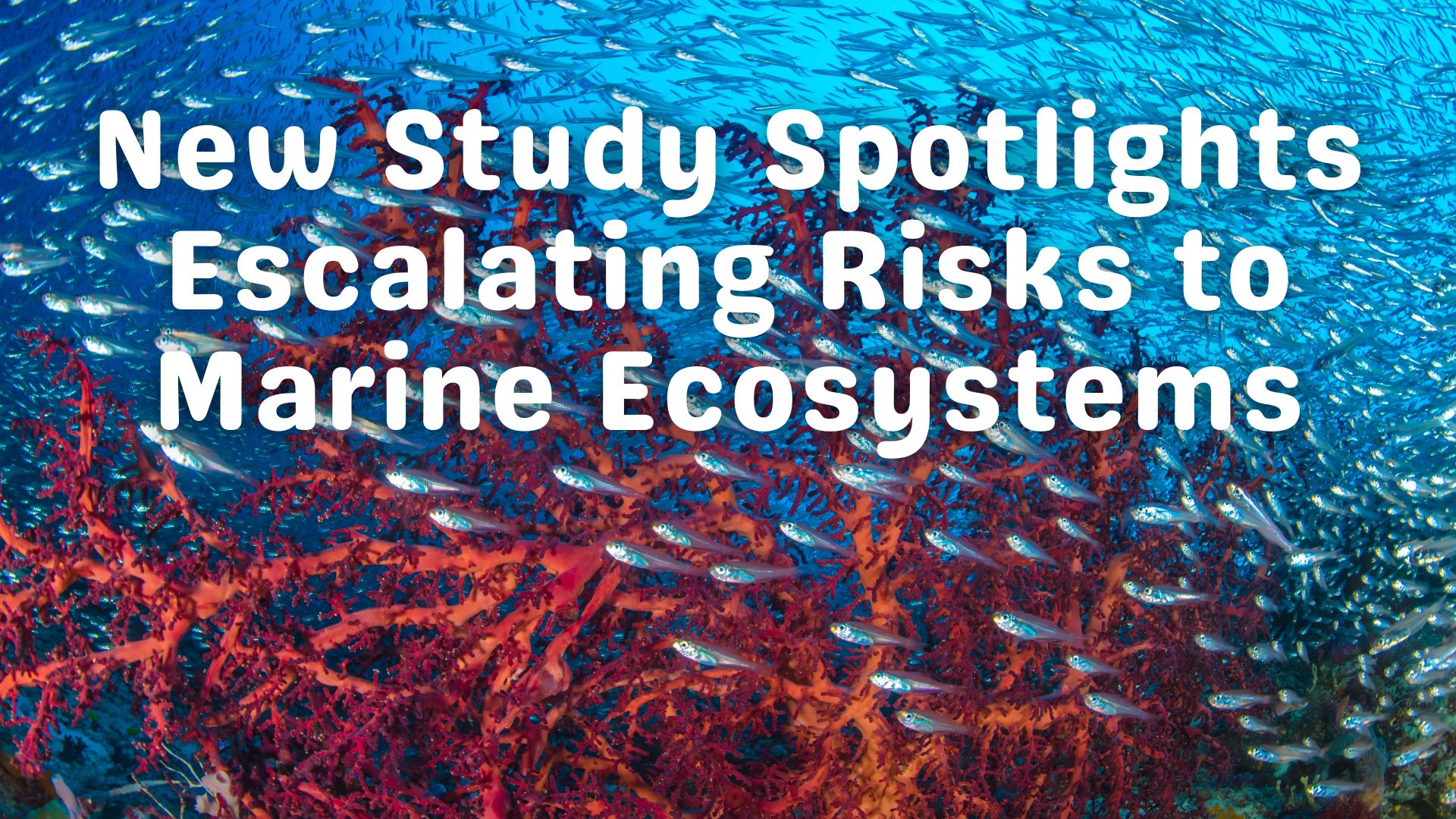Infochemical Disruption Due to Calamitous Scrubber Discharge

The quarterly list of ships installed with polluting scrubbers, which you can find here, has been updated. To no surprise, on the list is Alassia Newships Management Inc. who in 2015 had a Fuel Oil Spill event from their panamax M/V Marathassa in the English Bay of Vancouver, Canada. Though they were acquitted of charges due to shipbuilder defects, they were responsible for the 2,700 liters of bunker fuel dumped into the bay that took more than two weeks to clean up.

Their fleet currently consists of 9 panamax vessels of which at least 4 are fitted with toxic scrubbers (Poisonous Filters). With three more ships being delivered this year, which will most likely also be scrubber-fitted, this company alone is responsible for at least 50,000 cubic meters of poisonous scrubber wastewater per day, and combined with their oil spill, need to be held accountable for their lethal contributions to the marine ecosystem.
Anthropogenic sources such as the above-mentioned fuel oil spill as well as pollutant-teeming scrubbers with their invasive effluents that, as we’ve mentioned before, account for more than 90% of the contaminants in the marine environment through their amassed heavy metals, PAHs, CO2, and other toxic chemical pollution that has acidified the pH of our aquatic systems have resulted in infochemical disruption.
Infochemicals are chemical substances or compounds that convey information between organisms, particularly within ecological contexts. Most organisms, aquatic or not, utilize infochemicals to locate food, find a mating partner, recognize familial species, mark their territory, detect and warn others of predators. For example, fish will release chemicals, specifically pheromones, once they are harmed by a predator or when they are otherwise in danger of being harmed, referred to as anti-predatory behavior. This release detected through smells allows their fellow fish to interpret the warning of imminent danger.
A recent study conducted on the specific effects of aquatic-contaminating scrubber discharge (toxic emitters) revealed that PAHs like naphthalene, found in high concentrations, reduce pheromone-induced mate searches amongst male amphipods. Other toxic scrubber pollutants including heavy metals such as mercury, lead, iron, copper, arsenic, chromium and cadmium impair crayfishes’ response to locate food and cause a failure in snails’ anti-predatory behavior related to receiving alarm cues. Copper, specifically, which can be found up to 100 times more in scrubber discharge than in untreated ship exhaust, weakens male shore crabs’ ability to detect female pheromones, perform specific mating behaviors and to form pairs. Cadmium eliminates the rainbow trout’s response to alarm pheromones, causes deficits in predator avoidance in juvenile zebrafish, and harms anti-predatory behavior of juvenile silver catfish. The study also uncovered that even short-term exposure of juvenile zebrafish to Cadmium during early larval development causes continued deficits in olfactory-dependent predator avoidance behaviors 4-6 weeks after a return to clean water.
Infochemicals play a significant role in food web dynamics because of their influence on many species’ interactions and their prevention of higher trophic level extinctions.
Despite the availability of cleaner fuels and technologies, Alassia Newships Management Inc. persists in equipping their vessels with these detrimental scrubbers, showcasing their blatant disregard for environmental well-being in favor of short-term profit margins. This choice reflects a deeply entrenched culture of greed within the company, prioritizing financial gain over ecological responsibility. By opting for scrubbers that spew out toxic waste rather than investing in cleaner alternatives, Alassia Newships demonstrates a clear lack of commitment to sustainable practices. This profit-driven mindset not only exacerbates the already dire state of marine ecosystems but also underscores the urgent need for stringent regulations to hold such corporations accountable for their environmentally destructive actions.
2. How climate change is causing a communication breakdown in the animal world(theconversation.com)
3. Cargo ship acquitted of charges relating to 2015 oil spill | CBC News







.png)

.png)
